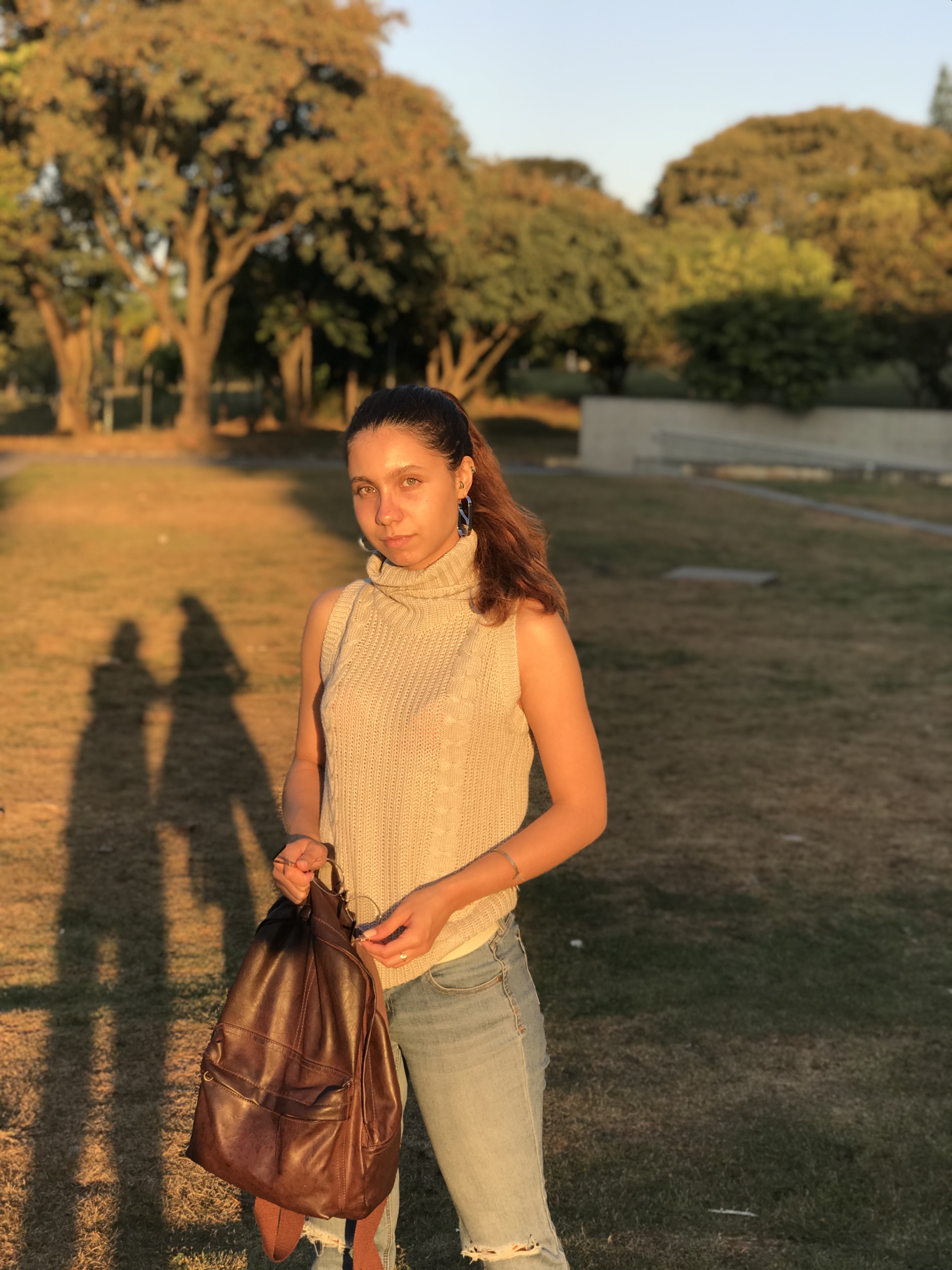Globalization has changed habits and shaped our production into specific systems. Dynamically changing, our cities reflect such innovations and adjustments like a mirror, reproducing our main necessities. We're quickly thriving into the world of technology, globalization keeps on increasing, and we have a more connected life than we've ever had before. Therefore, we must use that in our favor, and in the favor of education.
The problem I'm committed to solving relates to the lack of information and knowledge that happens in marginalized areas of our cities, reflecting into less educated children and consequently leading to young adults that will require more inducement of information in the future in order to reach his/her intellectual potential and be part of an active community in the nation. The human brain is an amazing muscle that needs to be exercised to achieve a desired goal.
Therefore, the strongest and most flexible brain, the better and more healthy debates and discussions we will be able to host. The more creative and innovative solutions, coming from different points of view - translated to the different languages, demographics, culture and habits, that all added to education, will definitely help build a better society.
My solution involves building an eco-friendly, economic, useful and intelligent network that will be attached to the roots of the urban space, specially in marginalized areas, inducing the ones around into a more educational path, and helping them to understand the value of knowledge and information. To start that, calculating the proportion of children and teenagers in neighborhoods, we'd be able to provide equally to different areas, open self-education zones that would have the ability of promoting the hunt and passion for knowledge and approximate the youth to an insight of self-awareness and hunger to the new.
If achieved, in a few years that state of society could promote a drastic change - in the most positive way possible - enabling the desire to develop the world's necessities and to create new ones. In a more practical view, the idea revolves in the construction of central pillars that would hold multiple screens, with pre-recorded classes from volunteer teachers and with subjects that could range from Mathematics to Public Relations, Political and Financial Education.
As a 2016 UN' statistics concluded, approximately 53% of the global population doesn't have access to the internet. With that said, my knowledge-sharing plan has to start from principles that lead to the resolution of the issue from its roots, and I believe our urban spaces could be responsible for equipping with so much more informational resources for population in general.
Inducing people into a learning, understanding and creating a system of thought towards the world and its main needs, approximating the population to this value and hunger for education will bring us nothing less than development and growth. Challenges and obstacles will never cease, but I'm sure that with better resourced citizens of the world, they'll be faced with new and different solutions that may lead us to amazing future possibilities.
